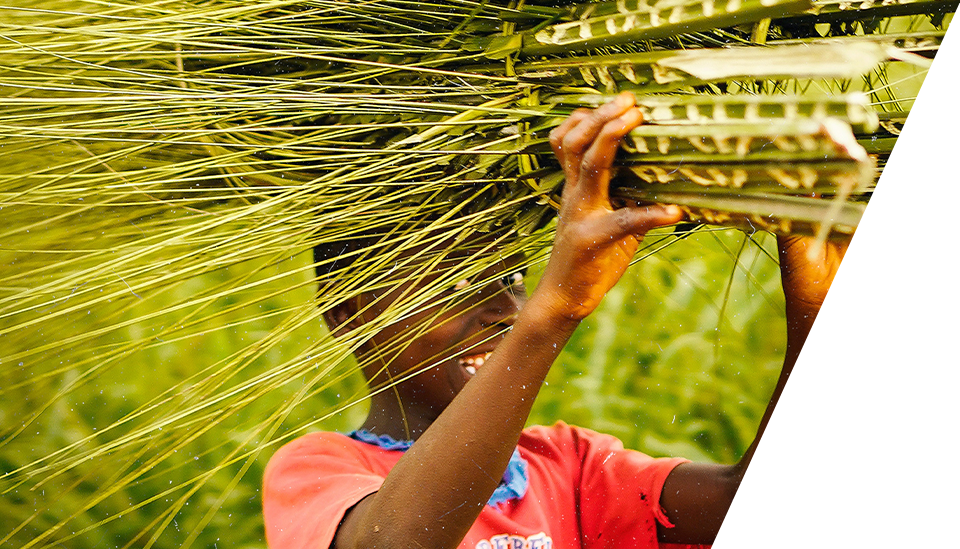Eni and FAO Define Initiatives to Foster Access to Water in Nigeria
27/02/2018 – Eni and the Food and Agriculture Organization (FAO) have signed yesterday a Collaboration Agreement to foster access to safe and clean water in Nigeria by drilling boreholes powered with photovoltaic systems, both for domestic use and irrigation purposes. The project aims to contribute to the humanitarian interventions for internally displaced persons (IDPs) and host communities, suffering from the North East – Lake Chad crisis, which have led to unprecedented levels of population displacements and prolonged disruption of agricultural, livestock and fishing activities.
The collaboration addresses Nigeria’s Federal Government request to Oil and Gas Companies to provide support in alleviating the sufferings of the victims of insurgency in the North East region, by launching sustainable intervention programmes that will have a positive impact on the lives of affected communities. In this framework the project is aligned to the “The Buhari Plan-Rebuilding the North East” for comprehensive humanitarian relief and socio-economic stabilization of the North-East region.
The FAO Country Representative to Nigeria and ECOWAS, Suffyan Koroma commended the federal government initiative saying the approach will support the efforts to rebuild livelihoods in the region, paving way for intervention strategies to cascade from humanitarian to development nexus, as the insurgency ebbs out.
He said, “the Northeast is not strange to FAO, our interventions in Borno, Yobe and Adamawa, the three states most affected by the Boko Haram insurgency, has helped Internally Displaced Persons (IDPs), in camps and those returning to liberated communities, including host communities, to return to their farms and pick up the bits and pieces of their lives again”.
Alberto Piatti, Eni’s Executive Vice President for Responsible and Sustainable Enterprise, said: “Public-Private Partnerships allow institutions to leverage on the skills of the private sector, and help companies to respond to development needs identified by institutions. They are an opportunity to enhance the role companies can play in sustainable development”.
The Access to Water project is the first initiative promoted in the FAO – Eni collaboration. Within this project, FAO will provide support in identifying the areas of intervention for the wells as well as technical expertise and know-how in the targeted areas, whereas Eni will drill the boreholes and provide them with photovoltaic power systems, including training for their use and maintenance for long term sustainability.
This Collaboration Agreement is an example of Public-Private Partnerships (PPP) to be implemented at local level. PPP are an essential tool in the implementation of the 2030 Agenda for Sustainable Development adopted by the United Nations in 2015 – the Sustainable Development Goals (SDGs). Although this initiative supports all the 17 SDGs, it is more specifically focused on the following: Goal 1, which seek to end poverty in all its forms everywhere; Goal 2, ensuring zero hunger; Goal 6, ensure availability and sustainable management of water and sanitation for all; Goal 13, calls for urgent action to combat climate change and its impacts; and Goal 17, which places emphasis on strengthening the means of implementation and revitalizing the global partnership for sustainable development. This collaboration responds to this call, in particular with regards to establishing multi-stakeholder partnerships in order to support the overall achievement of the SDGs.
Eni has been present in Nigeria since 1962 with both onshore and offshore activities. This project is part of Eni’s sustainability effort in Nigeria, which includes activities relating to agricultural development, access to energy, health, training, environmental protection, as well as specific initiatives for stakeholder engagement in local communities and promotion of transparency.
The FAO Country representation in Nigeria was established in 1978, with programs and projects in more than 30 states across the Federation.
This article was originally posted on the FAO website, here.

